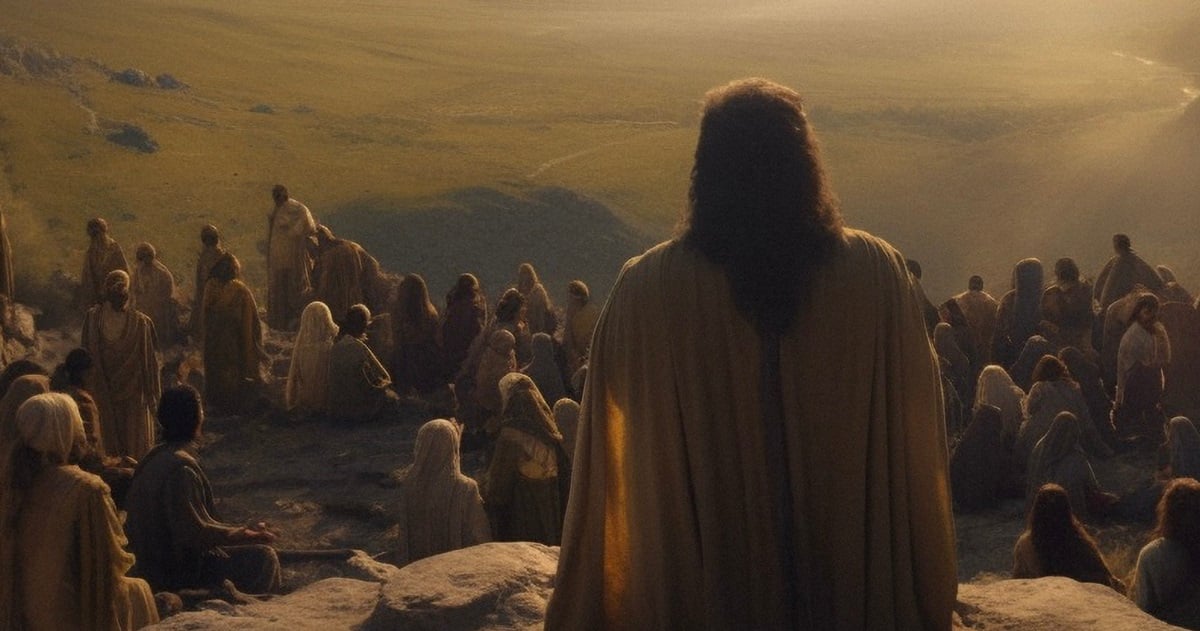
Why Jesus Became Flesh
“If understanding our difficulties is all that Jesus has to offer, He is of little help to us. Jesus became flesh not only that He would ‘get us’ but to die for us.”
A recent campaign, intended to attract interest to Jesus, used the slogan “He gets us.” According to their ads, what Jesus “gets” about us seems mostly about how we feel: loneliness, anxiety, or rejection.
While that is true, the apostle John makes an even stronger assertion: Jesus became one of us. He who existed as God before Creation and by whom all things were made became “flesh” (John 1:1, 3, 14). In 1 John 1:1, Jesus is described as “[t]hat which was from the beginning, which we have heard, which we have seen with our eyes, which we have looked at and our hands have touched.”
Scripture reveals that empathy was only part of the reason Jesus took on a human nature. He indeed became like us so that He could “empathize with our weakness” (Heb. 4:15). But if understanding our difficulties is all that Jesus has to offer, He is of little help to us. Jesus became flesh not only that He would “get us” but to die for us. Jesus became human to become a propitiation, or sacrifice, for sins (1 John 2:2; 4:10).
Sin demands a remedy far stronger than sympathy. Sin calls for God’s judgment, and by taking on all aspects of our humanity, except sin, Jesus became the perfect substitute (Heb. 4:15). There was more going on than mere identification with us when Jesus became incarnate, the word theologians use to refer to this miracle. Jesus was made like us to redeem us, “fully human in every way, in order that he might become a merciful and faithful high priest in service to God, and that he might make atonement for the sins of the people” (Heb. 2:17).
Some theologians have speculated whether the Son might have taken on flesh if Adam had not sinned. But Adam did sin, and this makes not only Christ’s humanity a necessity but also His death. The Father had Jesus’ death in view from the beginning. He is “the Lamb who was slain from the creation of the world” (Rev. 13:8). Why, then, did Jesus become flesh? It was for the same reason that He was born to die. As the old creed declares, it was “for us and for our salvation.”
For Further Study
To learn more, read From Heaven by A. W. Tozer (Moody Publishers).
About the Author

John Koessler
Dr. John Koessler is Professor Emeritus of Applied Theology and Church Ministries at Moody Bible Institute. John authors the "Practical Theology" column for Today in the Word of which he is also a contributing writer and theological editor.
View More